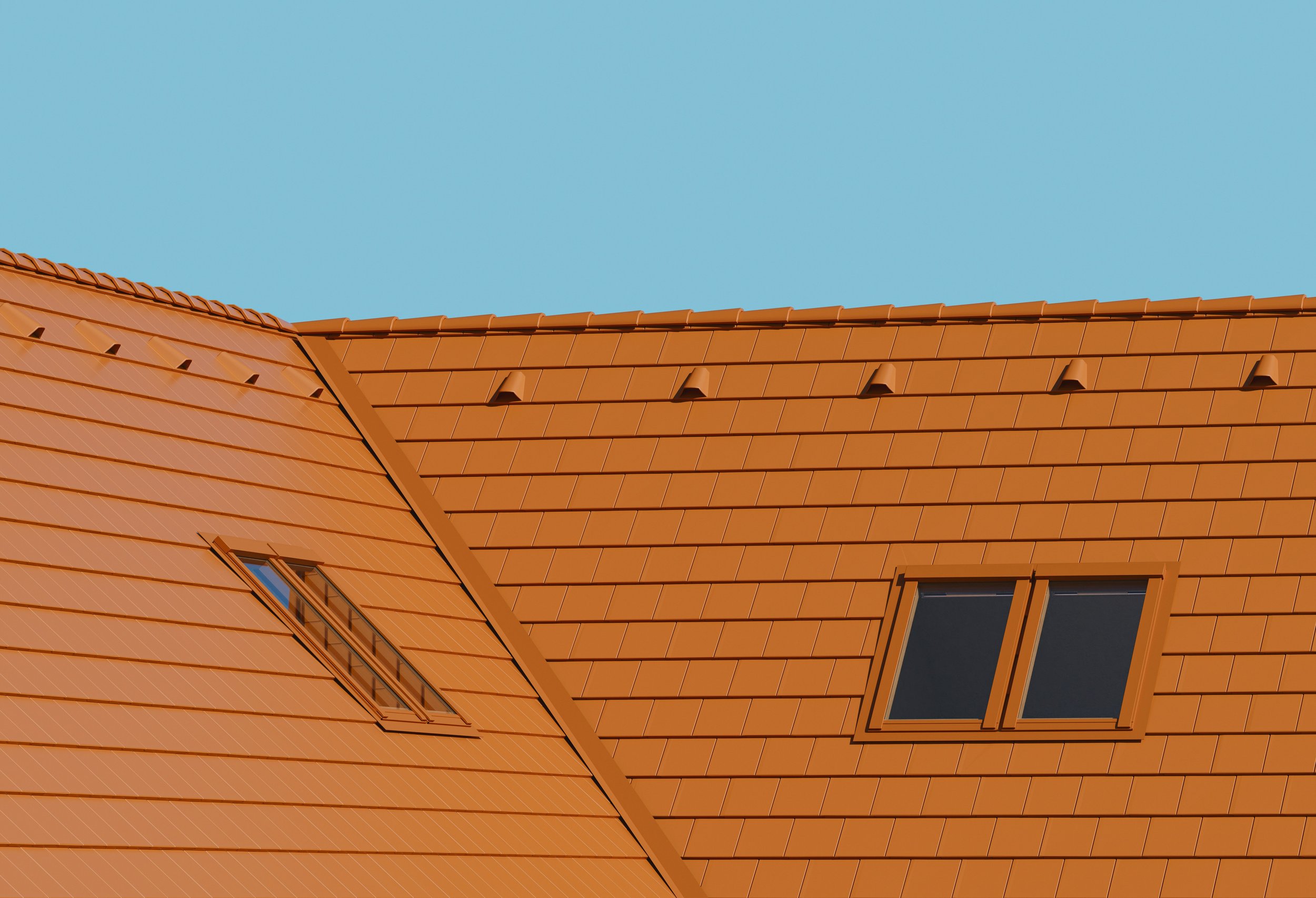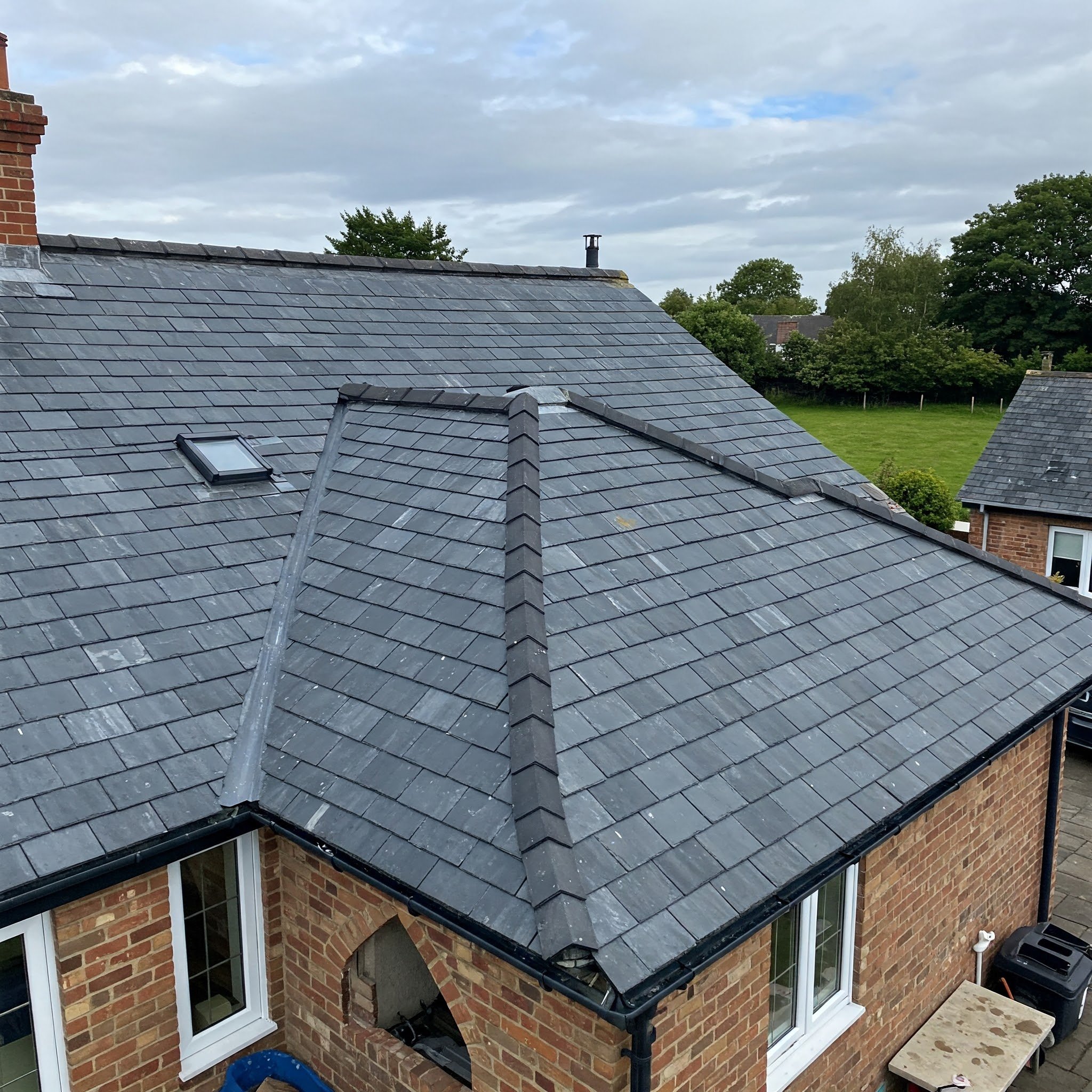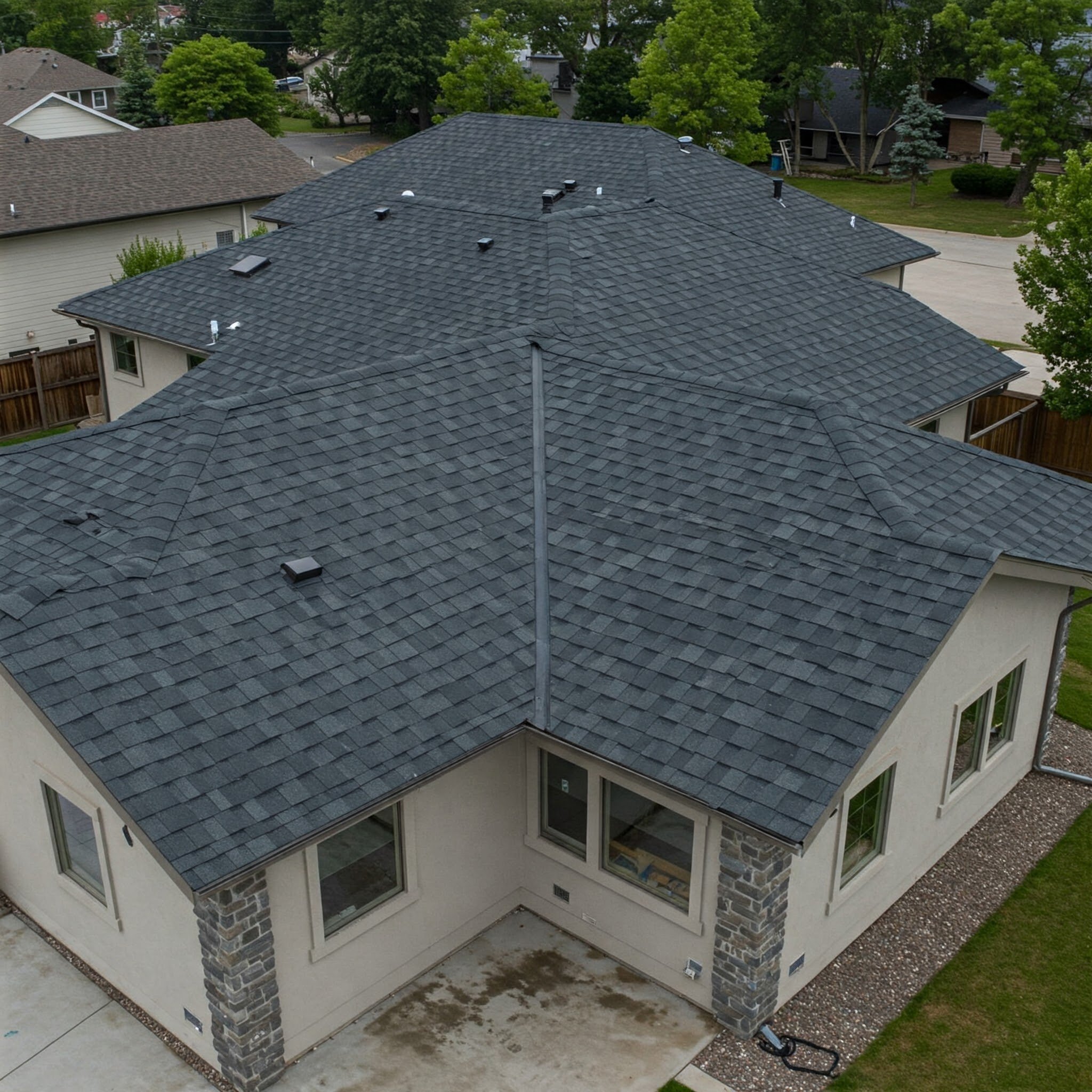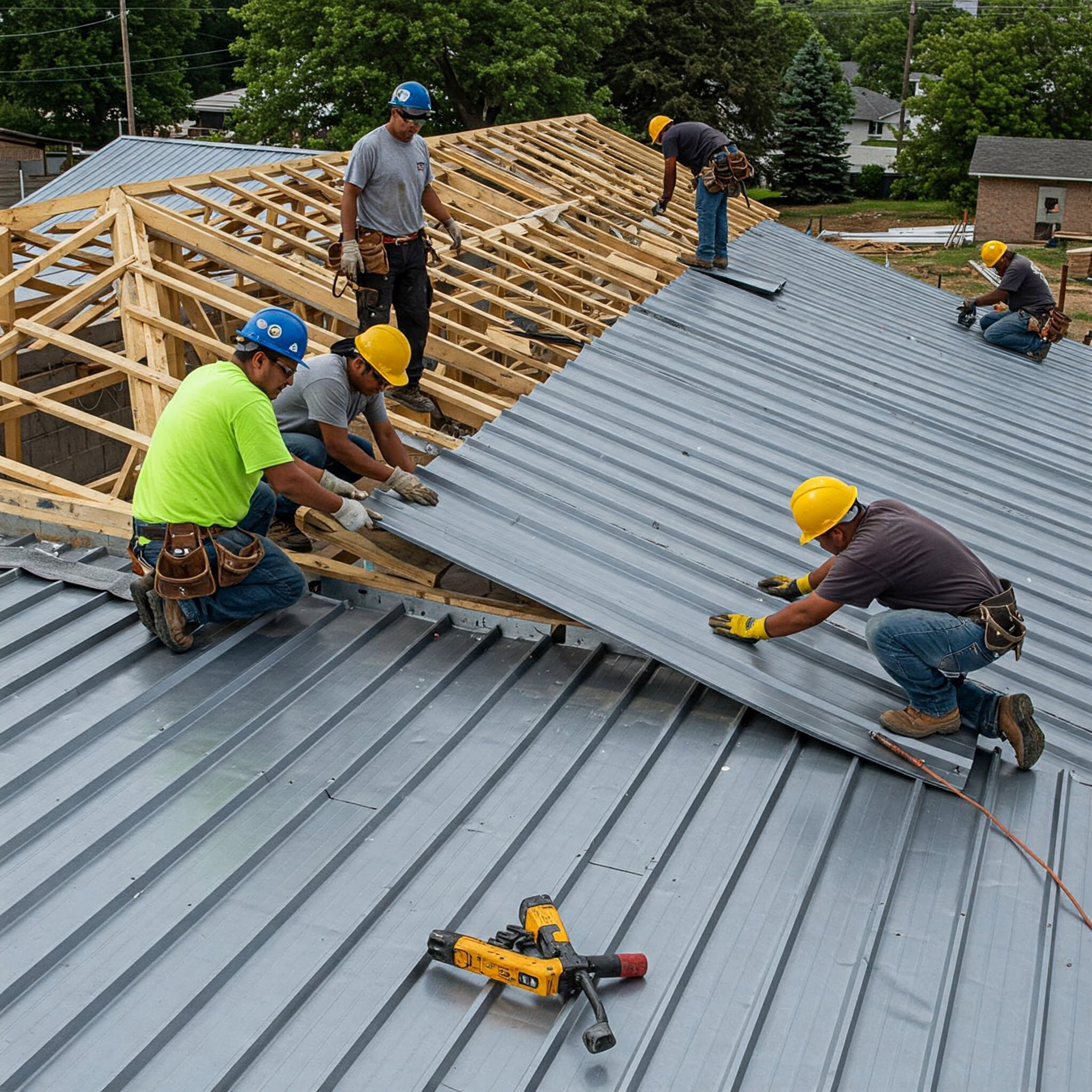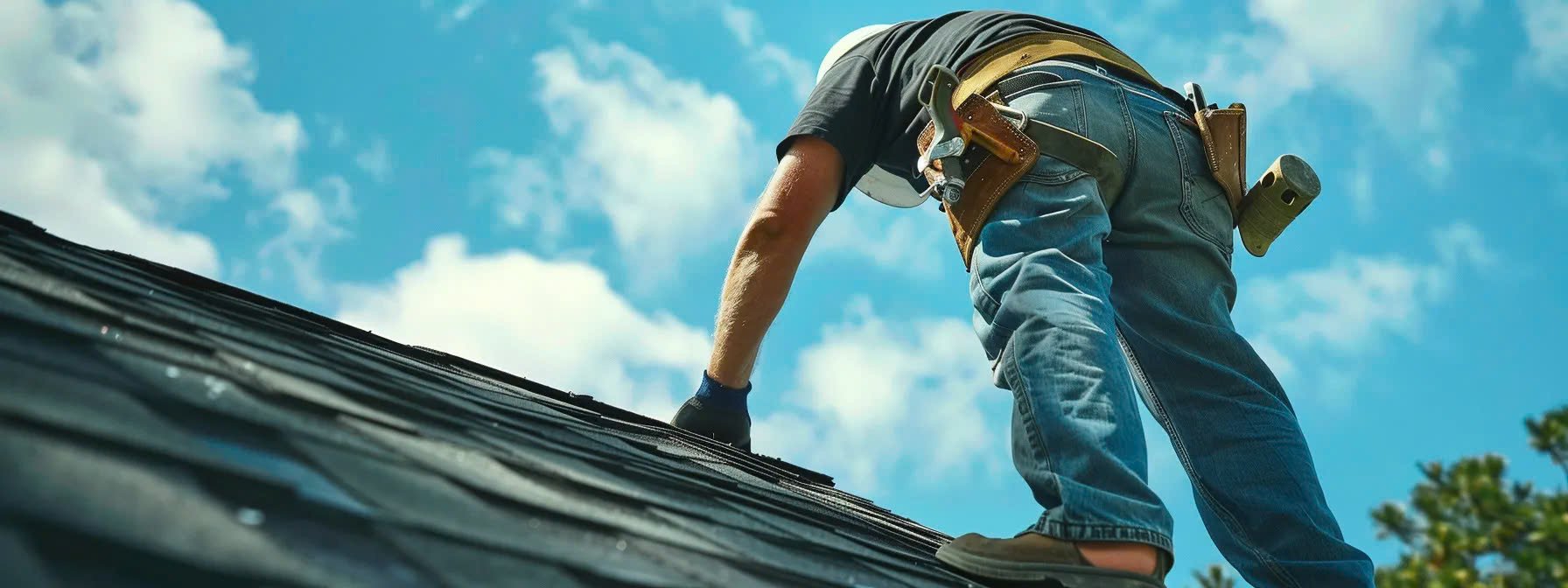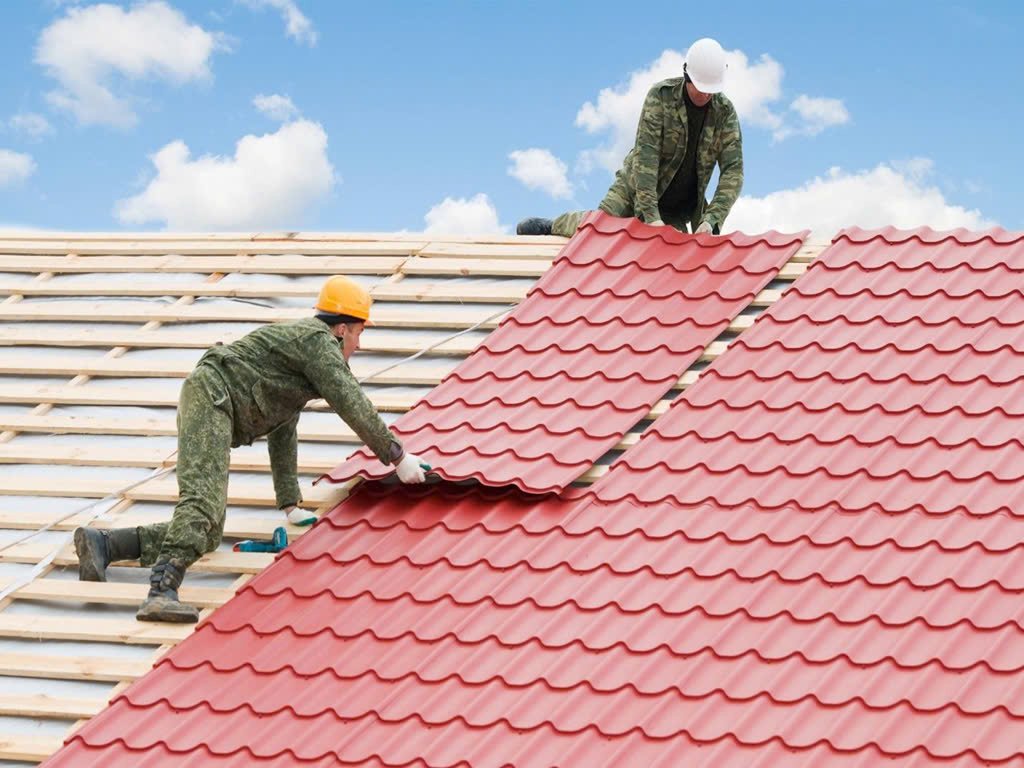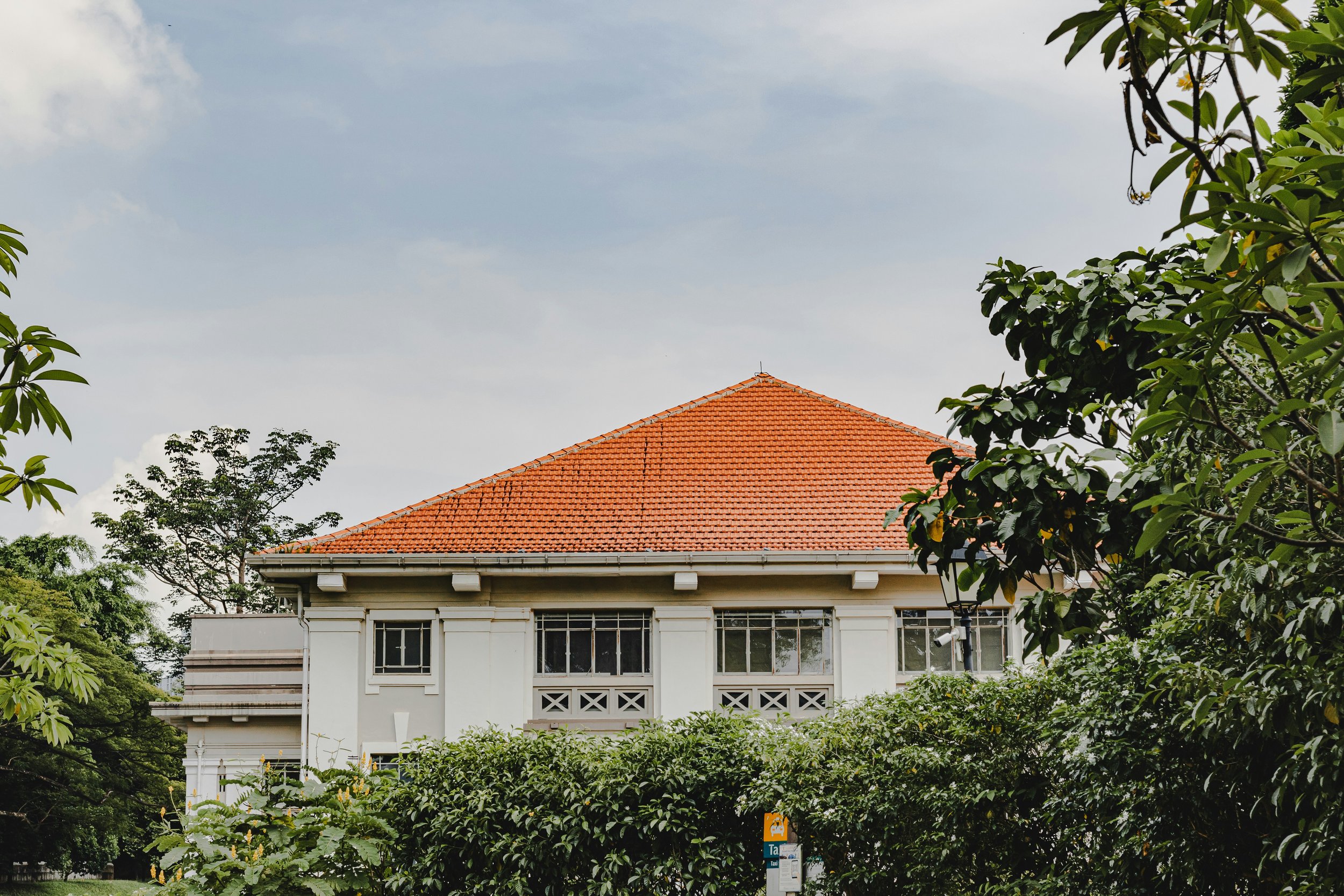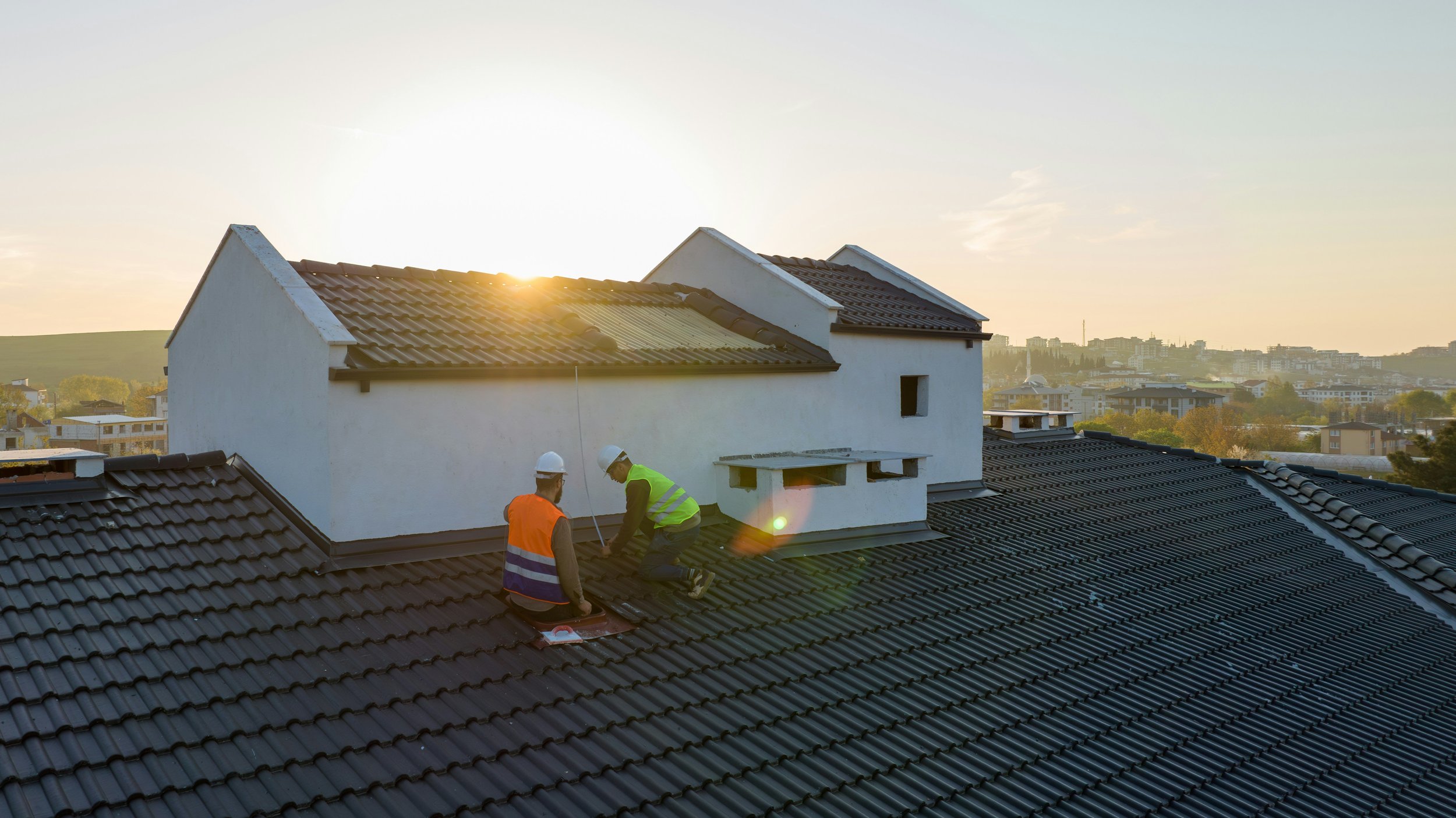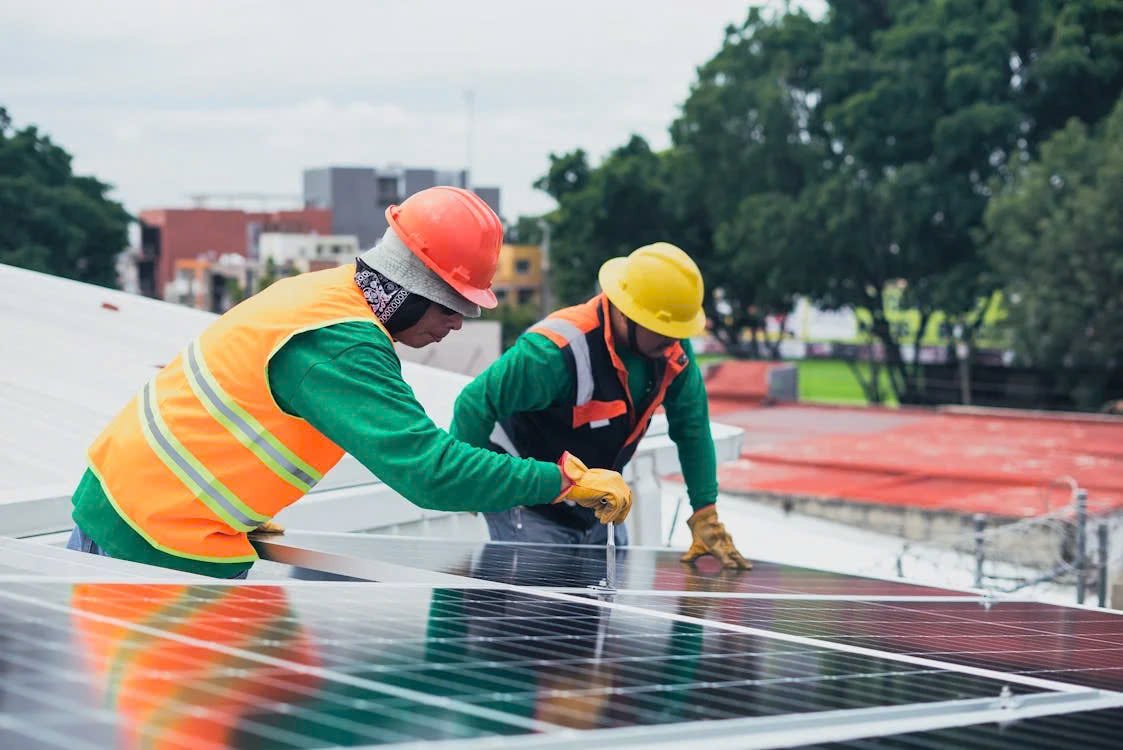The Different Types of Roof Coatings: What Are Their Main Differences?
Explore the various types of roof coatings, their unique features, and how to choose the best option for your roofing needs.
Many building owners overlook the importance of the roof, yet it serves as the primary protection against weather elements, wild birds and animals, and intruders. It is also the part of the building exposed to the scorching sun and acid rain, which can damage the roof. This is a challenge that home and business owners can prevent by investing in a protective layer (roof coat), which helps prevent roofing issues that increase maintenance and repair costs.
Regardless of the type of roof installed, weather elements can take a toll on it if it is not protected with a roof coating. Over time, homeowners will end up encountering problems like leaks, blistering, or thermal cracking, which can lead to premature roof damage. This article will explore types of roof coatings and their main difference to help homeowners choose a coating that suits their home.
Acrylic Roof Coating
Commonly used in flat and metal roofs, acrylic roof coating is suitable for all weather conditions. Compared to other coating options in the market, they are cost-effective and can be used in both new constructions and renovated roofs.
The acrylic roof coat is commonly used in commercial roofing systems, but it can still be used in homes. Roofing experts at Primo Roofing company recommend acrylic coating to homeowners who want to maintain clean and functional roofing for extended periods. If properly maintained, this roof coat option will last for many years, which will help save property owners money on repairs and replacements.
Polyurethane Roof Coatings
Tropical heat can be relentless and can take a toll on the roofing material within a few years. Most roofs are prone to degradation under extreme temperatures. This is why property owners in tropical regions have to repair or replace their roofs more often than those living in areas with milder climates. Additionally, warm and wet climatic regions can lead to mold and mildew, which can compromise the structural integrity of the roof.
Luckily, one way to protect the roof from heat-related wear and tear or mildew is by investing in high-quality roofing coats like the polyurethane roofing coating. This coat is known to be resistant to high temperatures, which means that harsh environmental conditions rarely cause the coat to degrade. This coat does not support fungal growth, which makes it a suitable roofing coat for buildings in tropical environments.
Silicone Roof Coating
Silicon coat does not come cheap; it requires a significant investment. However, if silicone coating is well installed and maintained, it can offer building owners a return on investment through long-lasting performance and low roof maintenance and repair costs. This roof coat option has exceptional resistance to pounding water and harsh weather conditions, and it does not have any risk of wash-off due to the formula behind the coating.
Environmentally cautious property owners who care about the products they use on their roofs can choose silicon roofing, which is ranked as the most environmentally friendly option. It comes with a low volatile organic compound content, which makes it an eco-friendly option for homes and businesses. Additionally, this coating option has reflective properties that, in turn, reduce heat absorption and lower the cooling cost and carbon footprints.
Asphalt Roof Coatings
What roof coating is best for home or business owners with a tight budget who want to extend the lifespan of their roof? The asphalt roof coating is one of the most affordable roof coating options. In addition, this coat can be used to extend the life of an older roofing system since it creates a waterproof layer that will protect the roof against leaks and weathering. Despite its affordability, asphalt coating creates a reliable layer for extra protection.
Asphalt coating is UV resistant, which helps protect the roof from sun damage and extends its lifespan. Though this coating might not offer the same level of protection as other roof coatings and require frequent application, they are practical options for those who are budget-conscious. Since they can improve the roof's durability without substantial investment, they are a great go-to option for property owners prioritizing cost-efficiency.
Elastomeric Roof Coat
When getting a new roof, it is essential to get a warrant to protect the investment by covering installation defects or premature damage. However, most of the warranty will last between 25 and 30 years. What happens when a roof warranty is about to expire, but the roof is still in good condition? In this scenario, building owners should consider getting an elastomeric roof coat as this helps to extend the life of their roof.
Elastomeric coating is elastic, and when applied to a roof, it will offer an additional layer of protection against elements, seal minor cracks, and prevent leaks. This coat option can extend the life of the roof by up to 20 years at a fraction of the investment required to install a brand-new roof.
Choosing the Right Roof Coating
Since there are many roof coating options available on the market, many building owners might be overwhelmed and make mistakes when choosing one for their home or commercial building.
The right roof coating can make a huge difference in how effective and reliable the roofing system can be. So, the building owners need to consider their goals and the condition of their roofs first. For instance, if their goal is to extend the lifespan of an existing roof or restore a deteriorating roof, they should make this clear to ensure the roofer recommends the right option.
The other important factor to consider is the location of the house or business. A roof coating that is suitable for humid areas might not be ideal for hot regions. At the same time, building owners should consider the aesthetics and how installing the coat will affect the aesthetics of their building.
Before getting roof coating for a building, it is essential to consult with experienced roofers. These contractors will assess the roof and guide the building owners on the best coating option they can use. In addition, they will install the coating correctly to maximum protection and longevity.
